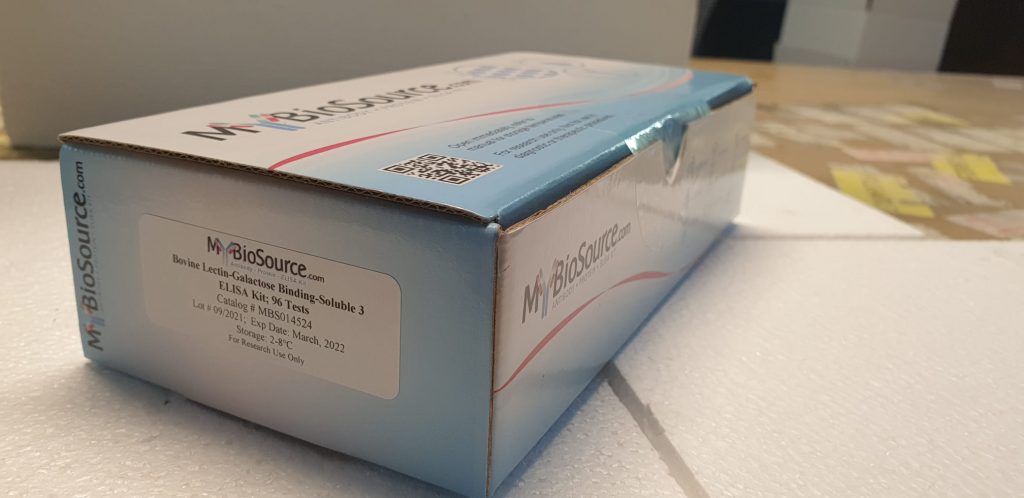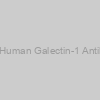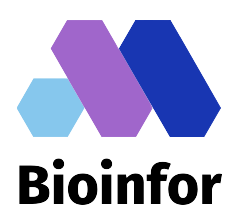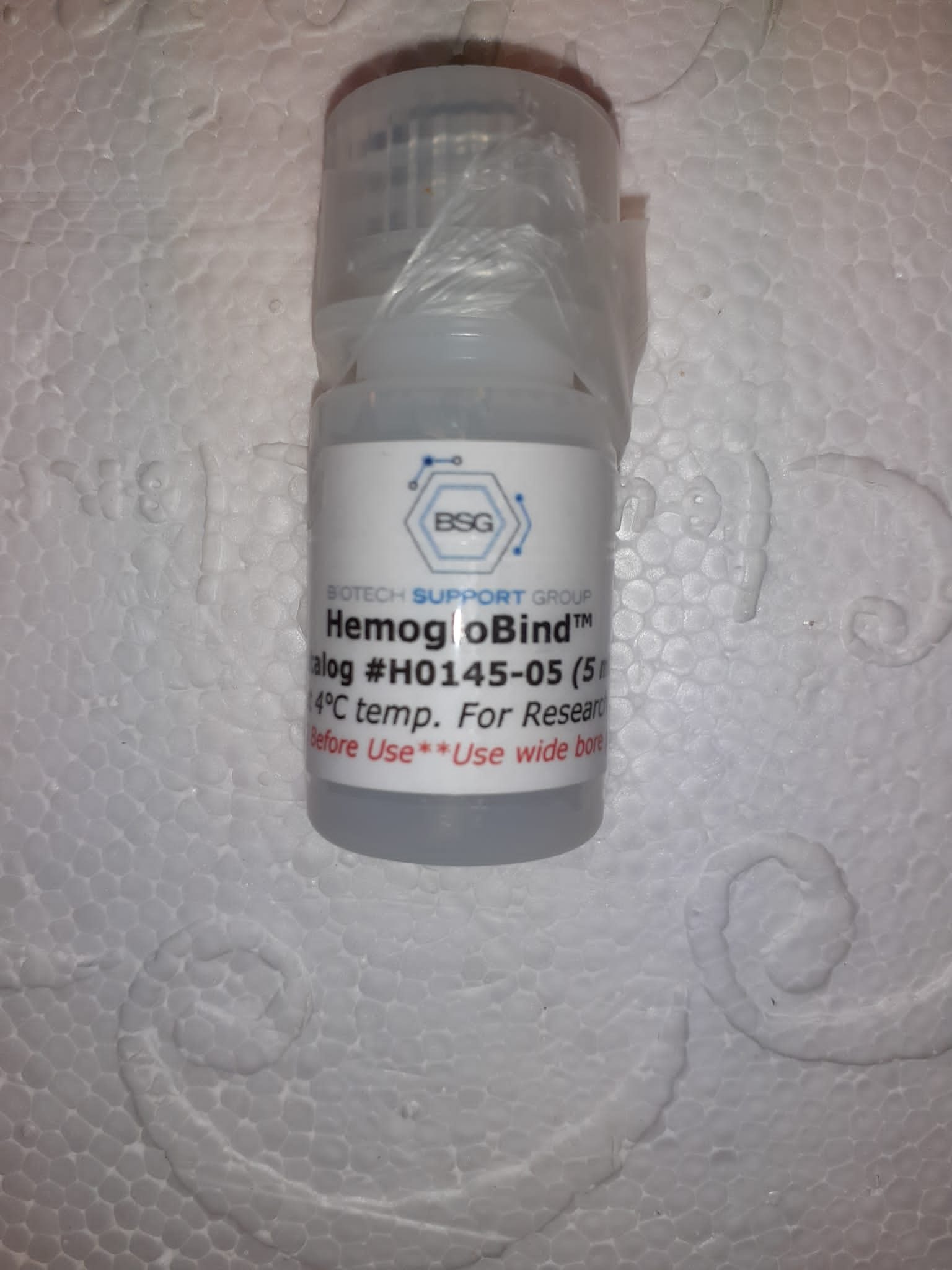
100 Bp Plus Dna Ladder Annexin Binding Buffer Anti Bovine Serum Albumin Antibody Cell Bio Labs Cell Biolabs Inc ChiP cho coli peptide Rabbit Rat Ray Biotech Cytokine Array recombinant sterile Western Blotting Blocking Yeast
First EUROPEAN PhD and Post-Doc Symposium
ENABLE 2017, the First EUROPEAN PhD and Publish-Doc Symposium. Session 4: From Discovery to Treatment: The Way forward for Therapeutics.
- The EUROPEAN ACADEMY FOR BIOMEDICAL SCIENCE (ENABLE) is an initiative funded by the European Union Horizon 2020 program involving 4 famend European Analysis Institutes (Institute for Analysis in Biomedicine-IRB Barcelona, Spain; Radboud Institute for Molecular Life Sciences-RIMLS, the Netherlands; Novo Nordisk Basis Middle for Protein Analysis-NNF CPR, Denmark; European College of Molecular Medication-SEMM, Italy) and an progressive science communication company (Scienseed).
- With the intention of selling biomedical science of excellence in Europe, ENABLE organizes an annual three-day worldwide occasion. This gathering features a top-level scientific symposium bringing collectively main scientists, PhD college students, and post-doctoral fellows; profession growth actions supporting the development of younger researchers and fostering dialogue about alternatives past the bench; and outreach actions stimulating the interplay between science and society.
- The primary European PhD and Postdoc Symposium, entitled “Breaking Down Complexity: Revolutionary Fashions and Strategies in Biomedicine”, was hosted by the colourful metropolis of Barcelona. The scientific program of the convention was targeted on the latest advances and functions of recent methods and fashions in biomedical analysis and coated a variety of subjects, from artificial biology to translational drugs.
- Total, the occasion was an incredible success, with greater than 200 attendees from throughout Europe actively taking part within the symposium by presenting their analysis and exchanging concepts with their friends and world-renowned scientists.

bioinfor
The trade-off between graduate pupil analysis and instructing: A fantasy?
Many present college consider that instructing effort and analysis success are inversely correlated. This trade-off has not often been empirically examined; but, it nonetheless impedes efforts to enhance using evidence-based instructing (EBT), and implement efficient instructing coaching applications for graduate college students, our future college.
We examined this tradeoff for graduate college students utilizing a nationwide pattern of life science PhD college students. We characterize how elevated coaching in EBT impacts PhD college students‘ confidence of their preparation for a analysis profession, in speaking their analysis, and their publication quantity. PhD college students who invested time into EBT didn’t undergo in confidence in analysis preparedness, scientific analysis communication, or in publication quantity.
As a substitute, general, the info pattern in the direction of a slight synergy between investing in EBT and analysis preparation. Thus, the strain between growing analysis and instructing expertise is probably not salient for right now’s graduate college students. This work is proof of idea that establishments can incorporate coaching in EBT into graduate applications with out lowering college students‘ preparedness for a analysis profession. Though some establishments have already got graduate instructing applications, rising these applications at scale, and together with coaching in EBT strategies might create a brand new avenue for accelerating the unfold of evidence-based instructing and improved instructing throughout larger training.
Activating Know-how for Related Well being in Most cancers: Protocol for a Analysis and Coaching Program.
BACKGROUND
As most cancers survival charges enhance, the problem of guaranteeing that most cancers survivors reclaim their high quality of life (QoL) turns into extra necessary. This paper outlines the analysis ingredient of a analysis and coaching program that’s designed to just do that.
OBJECTIVE
Bridging sectors, disciplines, and geographies, it brings collectively eight PhD initiatives and college students from throughout Europe to establish the underlying boundaries, check totally different technology-enabled rehabilitative approaches, suggest a mannequin to optimize the affected person pathways, and study the enterprise fashions which may underpin a sustainable strategy to most cancers survivor reintegration utilizing know-how.
METHODS
This system, funded beneath the European Union’s Horizon 2020 analysis and innovation program beneath the Marie Sklodowska-Curie grant settlement No 722012, consists of deep disciplinary PhD initiatives, intersectoral and worldwide secondments, interdisciplinary plenary coaching colleges, and digital subject-specific training modules.
RESULTS
The eight college students have now been recruited and are on the early levels of their initiatives.
CONCLUSIONS
CATCH will present a complete coaching and analysis program by embracing all key elements-technical, social, and financial sciences-required to provide researchers and challenge outcomes which can be able to assembly current and future wants in most cancers rehabilitation.
First individual – Lotte de Winde.
First Particular person is a collection of interviews with the primary authors of a choice of papers revealed in Journal of Cell Science, serving to early-career researchers promote themselves alongside their papers. Lotte de Winde is the primary creator on ‘C-type lectin-like receptor 2 (CLEC-2)-dependent dendritic cell migration is managed by tetraspanin CD37’, revealed in Journal of Cell Science. Lotte carried out the analysis on this article whereas a PhD pupil on the Radboud Institute for Molecular Life Sciences, The Netherlands, beneath the supervision of Prof. Annemiek van Spriel and Prof. Carl Figdor. She is now a Postdoctoral Analysis Fellow within the lab of Dr Sophie Acton on the MRC Laboratory for Molecular Cell Biology, UK. Right here, she research the plasma membrane organisation and dynamics of podoplanin and its accomplice proteins on fibroblastic reticular cells (FRCs), and the way adjustments on this organisation form downstream signalling and FRC perform.
Cease the Spam! Convention Ethics and Decoding the Subtext in Publish-Reality Science. What Would Denis Diderot Say?
Science and its observe all the time had a subtext, topic to affect by scientists’, funders’, and different innovation actors’ values and assumptions. The current emergence of post-truth, authoritarian and populist penchants, in each developed and growing international locations, has additional blurred the already fluid boundaries between materials scientific info and their social building/shaping by scientific subtext, human values, powers, and hegemony.
Whereas there are specific checks, balances, and oversight mechanisms for publication ethics, different pillars of science communication, most notably, scientific conferences and their governance, are ailing ready for post-truth science. Worrisomely, the professionalliferation of spam conferences is a significant trigger for concern for integrative biology and postgenomic science. The present gaps in convention ethics are necessary past science communication as a result of conferences assist construct legitimacy of rising applied sciences and frontiers of science and, thus, bestows upon the organizers, funders, enlisted scientific advisors, audio system, amongst others, energy, which in flip must be checked.
Denis Diderot (1713-1784), a outstanding mental through the Enlightenment interval, has aptly noticed that the very act of organizing brings about energy, affect, and management. If the subtext of convention practices is left unchecked, it may well pave the way in which for hegemony, and but extra risky and violent authoritarian governance techniques in science and society. This begs for progressive options to extend accountability, resilience, and capability of know-how specialists and scientists to discern and decode the subtext in science and its communication within the present post-truth world.
We suggest that the prevailing undergraduate and graduate applications in life and bodily sciences and drugs may very well be redesigned to incorporate a rotation for publicity to and coaching in political science. Such progressive PhD+ applications straddling technical and political science scholarship would finest equip future college students and residents to know and reply to subtext and embedded opaque worth and energy techniques in scientific practices in an more and more post-truth world. Political science scholarship unpacks the inside workings, subtext, and energy dynamics in science and society.
Thus, information of political science competency is akin to molecular biology in life sciences. Each make the invisible (e.g., cell biology versus subtext of data) seen. The power to learn subtext in science and claims of post-truth information is a brand new and important type of societal literacy in 21st century science and integrative biology.
 Human Galectin-1 |
|||
| MBS691583-5x005mg | MyBiosource | 5x0.05mg | EUR 1245 |
 Human Galectin-1 |
|||
| MBS691972-001mg | MyBiosource | 0.01mg | EUR 300 |
 Human Galectin-1 |
|||
| MBS691972-005mg | MyBiosource | 0.05mg | EUR 450 |
 Human Galectin-1 |
|||
| MBS691972-5x005mg | MyBiosource | 5x0.05mg | EUR 1725 |
 Galectin-1, Human |
|||
| E34M148H | EnoGene | 5 μg | EUR 155 |
 Galectin-1 Human |
|||
| GWB-DAB7E1 | GenWay Biotech | 0.05 mg | Ask for price |
 Galectin-1, Human |
|||
| MBS8575305-0005mg | MyBiosource | 0.005mg | EUR 245 |
 Galectin-1, Human |
|||
| MBS8575305-5x0005mg | MyBiosource | 5x0.005mg | EUR 940 |
 Mouse anti Human Galectin-1 Antibody, Mouse MAb |
|||
| MBS2543309-006mL | MyBiosource | 0.06mL | EUR 250 |
 Mouse anti Human Galectin-1 Antibody, Mouse MAb |
|||
| MBS2543309-012mL | MyBiosource | 0.12mL | EUR 370 |
 Mouse anti Human Galectin-1 Antibody, Mouse MAb |
|||
| MBS2543309-02mL | MyBiosource | 0.2mL | EUR 550 |
 Elisa Kit) Human Galectin( Galectin) Elisa Kit |
|||
| EK711568 | AFG Bioscience LLC | 96 Wells | EUR 0.18 |
 Antibody) Human Galectin-1 (Gal-1) Antibody |
|||
| 30005-05111 | AssayPro | 150 ug | EUR 215 |
 RABBIT ANTI HUMAN GALECTIN-3:Biotin |
|||
| MBS222930-005mg | MyBiosource | 0.05mg | EUR 655 |
 RABBIT ANTI HUMAN GALECTIN-3:Biotin |
|||
| MBS222930-5x005mg | MyBiosource | 5x0.05mg | EUR 2780 |
 Rabbit Anti-Human Galectin-1 |
|||
| 102-PA131 | Angio Proteomie | 100ug | EUR 240 |
 Anti-Human Galectin-1 Antibody |
|||
| 102-P131 | ReliaTech | 100 µg | EUR 245.7 |
|
Description: Galectin-1, also known as L14, BHL and galaptin, is a monomeric or homodimeric prototype galectin that is expressed in a variety of cells and tissues including muscle, heart, liver, prostate, lymph nodes, spleen, thymus, placenta, testis, retina, macrophages, B cells, T cells, dendritic cells, and tumor cells. It preferentially binds laminin, fibronectin, 90K/Mac2BP, CD45, CD43, CD7, CD2, CD3, and ganglioside GM1. Galectin-1 modulates cell growth and proliferation, either positively or negatively, depending on the cell type and activation status. It controls cell survival by inducing apoptosis of activated T cells and immature thymocytes. It modulates cytokine secretion by inducing Th2 type cytokines and inhibiting proinflammatory cytokine production. Galectin1 can also modulate cel-lcell as well as cell-lmatrix interactions and depending on the cell type and developmental stage, promote cell attachment or detachment. Galectin-1 has immunosuppressive and anti-inflammatory properties and has been shown to suppress acute and chronic inflammation and autoimmunity. Human and mouse galectin1 share about 88% amino acid sequence similarity. |
|||
 Anti-Human Galectin-1 Antibody |
|||
| 102-PA131AG | ReliaTech | 50 µg | EUR 157.5 |
|
Description: Galectin-1, also known as L14, BHL and galaptin, is a monomeric or homodimeric prototype galectin that is expressed in a variety of cells and tissues including muscle, heart, liver, prostate, lymph nodes, spleen, thymus, placenta, testis, retina, macrophages, B cells, T cells, dendritic cells, and tumor cells. It preferentially binds laminin, fibronectin, 90K/Mac2BP, CD45, CD43, CD7, CD2, CD3, and ganglioside GM1. Galectin-1 modulates cell growth and proliferation, either positively or negatively, depending on the cell type and activation status. It controls cell survival by inducing apoptosis of activated T cells and immature thymocytes. It modulates cytokine secretion by inducing Th2 type cytokines and inhibiting proinflammatory cytokine production. Galectin1 can also modulate cel-lcell as well as cell-lmatrix interactions and depending on the cell type and developmental stage, promote cell attachment or detachment. Galectin-1 has immunosuppressive and antiinflammatory properties and has been shown to suppress acute and chronic inflammation and autoimmunity. Human and mouse galectin1 share about 88% amino acid sequence similarity. |
|||
 Anti-Human Galectin-1 Antibody |
|||
| 102-PA131S | ReliaTech | 100 µg | EUR 126 |
|
Description: Galectin-1, also known as L14, BHL and galaptin, is a monomeric or homodimeric prototype galectin that is expressed in a variety of cells and tissues including muscle, heart, liver, prostate, lymph nodes, spleen, thymus, placenta, testis, retina, macrophages, B cells, T cells, dendritic cells, and tumor cells. It preferentially binds laminin, fibronectin, 90K/Mac2BP, CD45, CD43, CD7, CD2, CD3, and ganglioside GM1. Galectin-1 modulates cell growth and proliferation, either positively or negatively, depending on the cell type and activation status. It controls cell survival by inducing apoptosis of activated T cells and immature thymocytes. It modulates cytokine secretion by inducing Th2 type cytokines and inhibiting proinflammatory cytokine production. Galectin1 can also modulate cel-lcell as well as cell-lmatrix interactions and depending on the cell type and developmental stage, promote cell attachment or detachment. Galectin-1 has immunosuppressive and antiinflammatory properties and has been shown to suppress acute and chronic inflammation and autoimmunity. Human and mouse galectin1 share about 88% amino acid sequence similarity. |
|||
) Human Galectin-1 (LGALS1) |
|||
| 1-CSB-EP012882HU | Cusabio |
|
|
|
Description: Recombinant Human Galectin-1(LGALS1) expressed in E.coli |
|||
) Human Galectin-1 (LGALS1) |
|||
| 1-CSB-EP012882HUb1 | Cusabio |
|
|
|
Description: Recombinant Human Galectin-1(LGALS1) expressed in E.coli |
|||
) human anti-human galectin-3 mAb(2D) |
|||
| E4A09H10-2D | EnoGene | 50ug | EUR 275 |
|
Description: Biotin-Conjugated, FITC-Conjugated , AF350 Conjugated , AF405M-Conjugated ,AF488-Conjugated, AF514-Conjugated ,AF532-Conjugated, AF555-Conjugated ,AF568-Conjugated , HRP-Conjugated, AF405S-Conjugated, AF405L-Conjugated , AF546-Conjugated, AF594-Conjugated , AF610-Conjugated, AF635-Conjugated , AF647-Conjugated , AF680-Conjugated , AF700-Conjugated , AF750-Conjugated , AF790-Conjugated , APC-Conjugated , PE-Conjugated , Cy3-Conjugated , Cy5-Conjugated , Cy5.5-Conjugated , Cy7-Conjugated Antibody |
|||
) human anti-human galectin-3 mAb(5F) |
|||
| E4A09H10-5F | EnoGene | 50ug | EUR 275 |
|
Description: Biotin-Conjugated, FITC-Conjugated , AF350 Conjugated , AF405M-Conjugated ,AF488-Conjugated, AF514-Conjugated ,AF532-Conjugated, AF555-Conjugated ,AF568-Conjugated , HRP-Conjugated, AF405S-Conjugated, AF405L-Conjugated , AF546-Conjugated, AF594-Conjugated , AF610-Conjugated, AF635-Conjugated , AF647-Conjugated , AF680-Conjugated , AF700-Conjugated , AF750-Conjugated , AF790-Conjugated , APC-Conjugated , PE-Conjugated , Cy3-Conjugated , Cy5-Conjugated , Cy5.5-Conjugated , Cy7-Conjugated Antibody |
|||
) human anti-human galectin-3 mAb(A5) |
|||
| E4A09H10-A5 | EnoGene | 50ug | EUR 275 |
|
Description: Biotin-Conjugated, FITC-Conjugated , AF350 Conjugated , AF405M-Conjugated ,AF488-Conjugated, AF514-Conjugated ,AF532-Conjugated, AF555-Conjugated ,AF568-Conjugated , HRP-Conjugated, AF405S-Conjugated, AF405L-Conjugated , AF546-Conjugated, AF594-Conjugated , AF610-Conjugated, AF635-Conjugated , AF647-Conjugated , AF680-Conjugated , AF700-Conjugated , AF750-Conjugated , AF790-Conjugated , APC-Conjugated , PE-Conjugated , Cy3-Conjugated , Cy5-Conjugated , Cy5.5-Conjugated , Cy7-Conjugated Antibody |
|||
) human anti-human galectin-3 mAb(G2) |
|||
| E4A09H10-G2 | EnoGene | 50ug | EUR 275 |
|
Description: Biotin-Conjugated, FITC-Conjugated , AF350 Conjugated , AF405M-Conjugated ,AF488-Conjugated, AF514-Conjugated ,AF532-Conjugated, AF555-Conjugated ,AF568-Conjugated , HRP-Conjugated, AF405S-Conjugated, AF405L-Conjugated , AF546-Conjugated, AF594-Conjugated , AF610-Conjugated, AF635-Conjugated , AF647-Conjugated , AF680-Conjugated , AF700-Conjugated , AF750-Conjugated , AF790-Conjugated , APC-Conjugated , PE-Conjugated , Cy3-Conjugated , Cy5-Conjugated , Cy5.5-Conjugated , Cy7-Conjugated Antibody |
|||
) human anti-human galectin-3 mAb(H3) |
|||
| E4A09H10-H3 | EnoGene | 50ug | EUR 275 |
|
Description: Biotin-Conjugated, FITC-Conjugated , AF350 Conjugated , AF405M-Conjugated ,AF488-Conjugated, AF514-Conjugated ,AF532-Conjugated, AF555-Conjugated ,AF568-Conjugated , HRP-Conjugated, AF405S-Conjugated, AF405L-Conjugated , AF546-Conjugated, AF594-Conjugated , AF610-Conjugated, AF635-Conjugated , AF647-Conjugated , AF680-Conjugated , AF700-Conjugated , AF750-Conjugated , AF790-Conjugated , APC-Conjugated , PE-Conjugated , Cy3-Conjugated , Cy5-Conjugated , Cy5.5-Conjugated , Cy7-Conjugated Antibody |
|||
) human anti-human galectin-3 mAb(T1) |
|||
| E4A09H10-T1 | EnoGene | 50ug | EUR 275 |
|
Description: Biotin-Conjugated, FITC-Conjugated , AF350 Conjugated , AF405M-Conjugated ,AF488-Conjugated, AF514-Conjugated ,AF532-Conjugated, AF555-Conjugated ,AF568-Conjugated , HRP-Conjugated, AF405S-Conjugated, AF405L-Conjugated , AF546-Conjugated, AF594-Conjugated , AF610-Conjugated, AF635-Conjugated , AF647-Conjugated , AF680-Conjugated , AF700-Conjugated , AF750-Conjugated , AF790-Conjugated , APC-Conjugated , PE-Conjugated , Cy3-Conjugated , Cy5-Conjugated , Cy5.5-Conjugated , Cy7-Conjugated Antibody |
|||
 Human Galectin-1 Protein |
|||
| PRP1033-100g | Abbkine | 100 µg | EUR 309 |
 Human Galectin-1 Protein |
|||
| PRP1033-1mg | Abbkine | 1 mg | EUR 1099 |
 Human Galectin-1 Protein |
|||
| PRP1033-20g | Abbkine | 20 µg | EUR 79 |
Tags: blocking solution western blotting blocking step western blotting colic colicky coliform coliga colin colin canvas colin cowherd colin farrell colin farrell net worth colin farrell youtube colin firth colin firth net worth colin firth twitter colin firth youtube colin hanks colin jost colin kaepernick colin mcrae colin powell colion noir coliseum colitas colitis definition colitis symptoms recombinant antibody production recombinant bike recombinant chromosomes recombinant chromosomes definition recombinant definition recombinant dna recombinant dna animation recombinant dna definition recombinant dna technology recombinant factor viia recombinant factor viii recombinant human albumin recombinant human gm-csf recombinant human il-2 recombinant human thrombin recombinant meaning recombinant nanoparticle technology recombinant plasmid recombinant protein recombinant protein expression recombinant protein production recombinant protein purification recombinant rnase inhibitor recombinant vaccine western blotting blocking buffer


